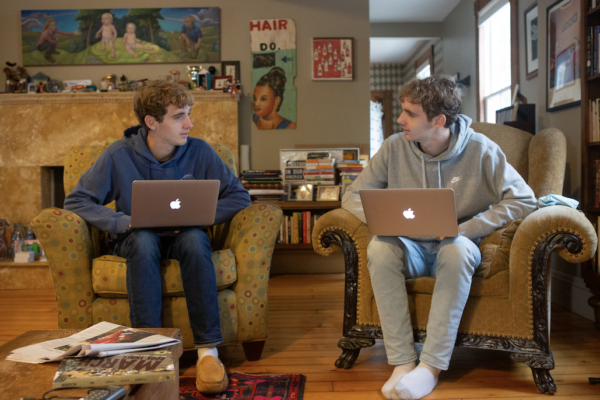It goes without saying that the Covid-19 pandemic significantly disrupted the normal functioning of U.S. public schools with the abrupt transition to remote learning and the varied, often confusing reopening plans.
In a new working paper from the Annenberg Institute at Brown University, researchers from the University of Michigan and Boston University demonstrate how the pandemic affected the appeal of alternative school opportunities such as homeschooling and private schools.
After analyzing longitudinal student-level data from Michigan and nationally representative data from the Census Household Pulse Survey, the authors find evidence that educational disruption stemming from Covid resulted in declined enrollment in public schools and substantially increased homeschooling rates in fall 2020. Enrollment rates in Michigan dropped by 3 percent among first through 12th grade students and 10 percent among kindergartners, with national homeschooling rates increasing from 4.5 percent to 7.3 percent of U.S. households. The kindergarten enrollment declines and homeschooling trends were particularly strong among low-income and Black families.
The researchers found that parents turned to homeschooling more often in places where schools were providing in-person instruction, suggesting they were motivated by health concerns. On the other hand, parents were more likely to opt for private schools when instruction was remote.
As school reopen this year amid lingering effects of the pandemic, further research will show whether these trends were temporary adjustments or will have lasting impacts on public school enrollment and parental school preferences.
-By Nathan Kriha
